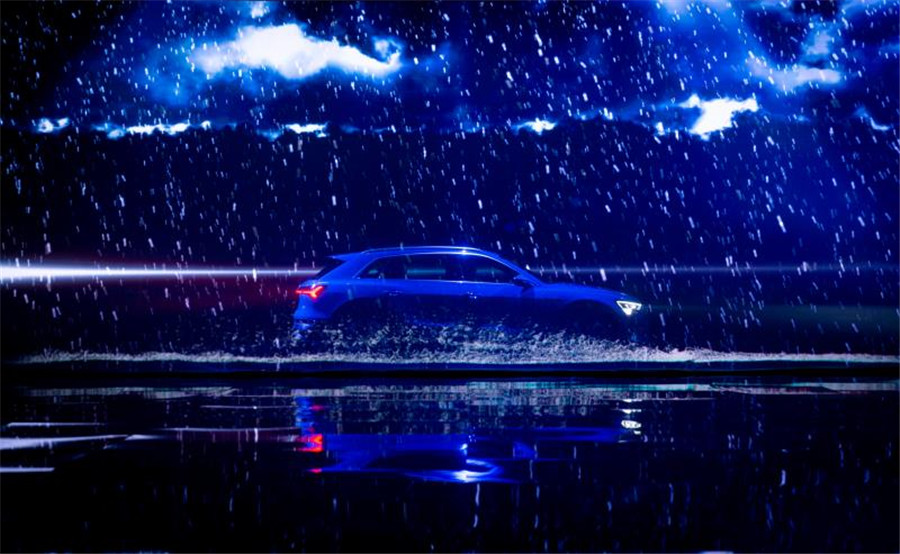Joint venture leaders vow even broader, deeper partnership


Liu Yigong,board member and president of FAW-Volkswagen, expects Audi to become a leading player in China's fast growing new energy vehicle market by 2025, with 30 percent of its China sales being such vehicles.
New technologies including digitalization and mobility services are another pillar of the two partner's future cooperation, as outlined in a 10-year business plan FAW and Audi signed in 2017.
Volkswagen Group said it is planning to invest 15 billion euros through 2022 for new technologies in FAW-Volkswagen.
A new mobility company is expected to be set up in 2019, which will allow the two partners to advance their joint commitment in this expanding premium business segment.
Marco Schubert, president of FAW-Volkswagen's Audi sales division, said Audi will seize the initiative and integrate such factors as electrification and connectivity into its cars, thus better meeting the demands of China's customers.
Schubert said that through the joint venture, Audi has gained a deeper understanding of China, facilitating its efforts to offer vehicles and features that Chinese people value.
The two partners are to further enhance local abilities in research and development in the country.
"We are fully committed to our partners and friends in FAW. We are going to expand our cooperation with FAW by building up further local R&D capacities," said Herbert Diess, CEO of the Volkswagen Group.
Over the past decades of development, FAW-Volkswagen, a partnership Audi joined in 1996, has built state-of-the-art research facilities and manufacturing plants with first-class quality control and supplies.
In coming years, Liu said, FAW-Volkswagen will continuously increase the involvement of the Chinese team in Audi's research and development. "Now, the Chinese team is around 30 percent involved, but we will exceed 50 percent by 2025. Our goal is that FAW-Volkswagen conducts research and development of Audi models," he said.




































